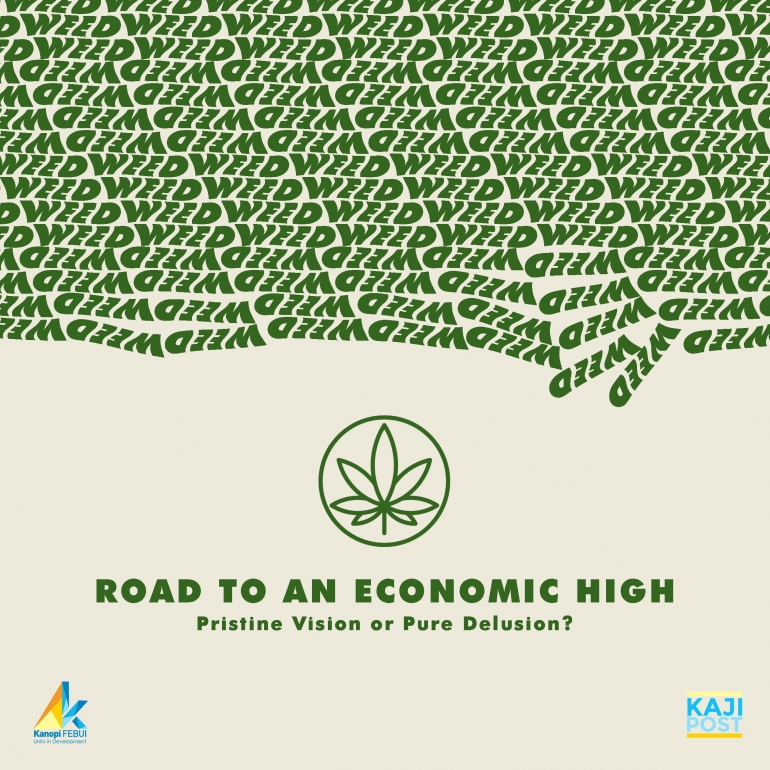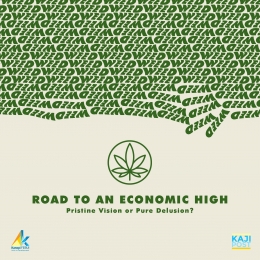Finally, correctional expenditure accounts for the total money spent on the total amount of criminals incarcerated due to drug violations. Alleviating these financial burdens would save the government around $7,7 billion per year as these enforcement costs are not of any more use due to ganja's legalization (Jeffrey A Miron, 2005).
Mass production translates to mass employment as the cannabis industry has been contributing greatly to the nation's job creation progress. The intoxicating herb industry has been able to birth 211.000 direct jobs in the USA up until 2019.
It should be kept in mind that only a portion of the states in the USA have cannabis as a legal commodity. That number increases again to around 300.000 if indirect jobs are to be accounted for. In 2018, 64.000 new jobs have been opened by the weed industry with projections of 20.000 new jobs to be birthed out this year in Florida and California alone.
The jobs which are generated aren't only sublime in quantity but also quality as high-skilled, professional, and technical jobs make up more than half of the jobs created by the industry. This translates to a high wage median (as higher skill generally means higher wages) which reached $58,511, a higher median than the national median.
Being a tropical archipelago with soil abundant with nutrients, to say that Indonesia's ganja potential is impressive is an understatement. It has been said that the country's weed quality is amongst the best in the world. Quantity is also not a constraint as the country's copious amount of weed growing proves. On November 11th 2019, police found 419946 marijuana plants growing across a 7 hectare field in North Sumatra.
The total value of the hash found in the spacious land, which was later terminated, was estimated to be around Rp52,5 billion. Scrutinizing ganja's prevalence nationally also shows similar results as last year alone 511 thousand cannabis plants were eliminated. Those numbers illustrate the sheer amount of Indonesia's hash inventory that if legal could have produced monstrous amounts of cash.
The pristine quality of weed could also translate to soaring amounts of demand both nationally or internationally. Therefore, it is safe to say that assumptions of aforementioned economic benefits able to be acquired by the US may also be reaped by our archipelago if legalization was a reality.
To Soar or To Stay Grounded
The penultimate decision as to allow the shackles to be completely removed for the devil's lettuce or to enhance the strength of those shackles in this beloved archipelago is yet to be answered. It is of high importance to keep in mind that the prior analysis regarding the cost and benefit comparison of the unlikely legalization of marijuana is only done in regards to the economic spectrum.
Though quintessential, a plethora of other considerations must be taken into consideration when considering an alteration in the national legal constitution regarding this sinful substance. It is up to the political elites whether they decide that the risks of grasping the mind-altering economic fantasies are greater than the potential financial utopia it beholds or not. To fly, or not to fly is indeed the question.
References without hyperlinks
Cannabis in Indonesia Patterns in consumption, production, and policies. (2016). Cannabis in Indonesia Patterns in Consumption, Production, and Policies.







